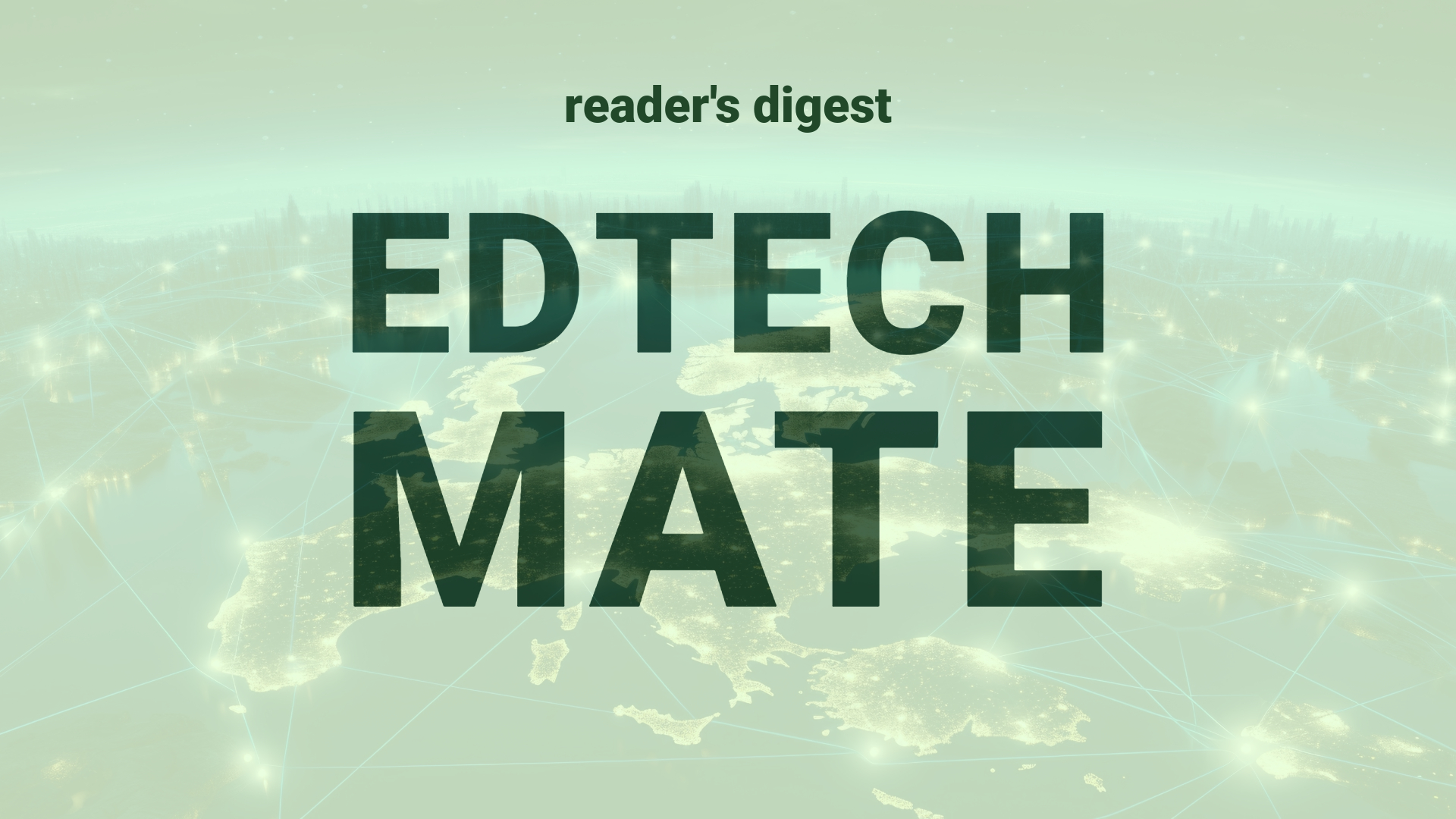Executive Summary and Main Points
The recent development in Azure Machine Learning (AzureML) Registries introduces an innovative, multi-tenancy solution designed for deploying and managing machine learning (ML) pipelines across different workspaces and Azure subscriptions. Key innovations include:
- Data privacy with non-shared data for each tenant.
- Independent computing and hosting environments for ML tasks.
- Customized retraining schedules and data sets per tenant.
- Variability in ML algorithm parameters for individual tenants.
- A centralized, version-controlled repository for all tenants.
- The flexibility of shared resources among tenants as needed.
This technology leverages AzureML Registries to maintain central governance while providing tenants autonomy in their ML operations.
Potential Impact in the Education Sector
The AzureML multi-tenancy solution could significantly impact Further Education, Higher Education, and Micro-credentials sectors by:
- Enabling institutions to maintain their proprietary data securely while leveraging shared ML models and tools.
- Facilitating strategic partnerships through safe and controlled data/model sharing mechanisms.
- Supporting the digitalization and personalized learning paths through adaptive ML algorithms.
This approach allows for the collaborative growth of educational resources and analytical tools, fostering a more connected and data-informed education system.
Potential Applicability in the Education Sector
Applications of this ML solution within global education systems may involve:
- Creating customized learning analytics models while maintaining institutional data privacy.
- Sharing pedagogical components and environments to foster collaborative research and learning.
- Enhancing the relevance of Micro-credentials by using shared ML models to analyze and predict skills demand.
Utilizing AI and digital tools in these ways could lead to more dynamic and responsive educational offerings.
Criticism and Potential Shortfalls
While innovative, the AzureML solution might face criticism for:
- Potential complexities in setting up and managing the multi-tiered permissions and sharing mechanisms.
- Risks associated with data privacy and security in cross-institutional data/model sharing environments.
- The requirement for institutions to have a certain level of digital maturity and AI readiness to fully benefit from these advancements.
International case studies could reveal disparities in resource availability and ethical concerns surrounding data governance in global education systems.
Actionable Recommendations
Educational leadership should consider:
- Investing in data governance policies and training to prepare for this technology’s adoption.
- Seeking strategic partnerships with technology providers to customize these solutions to their needs.
- Exploring pilot projects that utilize shared ML models to improve learning outcomes and operational efficiency.
By focusing on strategic integration and collaborative opportunities, the education sector can harness the power of AzureML’s multi-tenancy solutions to enhance teaching, learning, and administration.
Source article: https://techcommunity.microsoft.com/t5/ai-machine-learning-blog/a-solution-for-ml-pipeline-in-multi-tenancy-manner/ba-p/4124818

